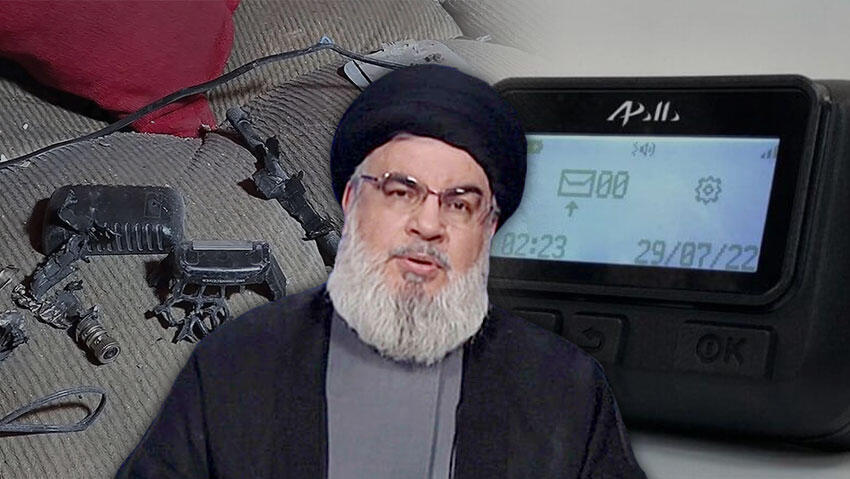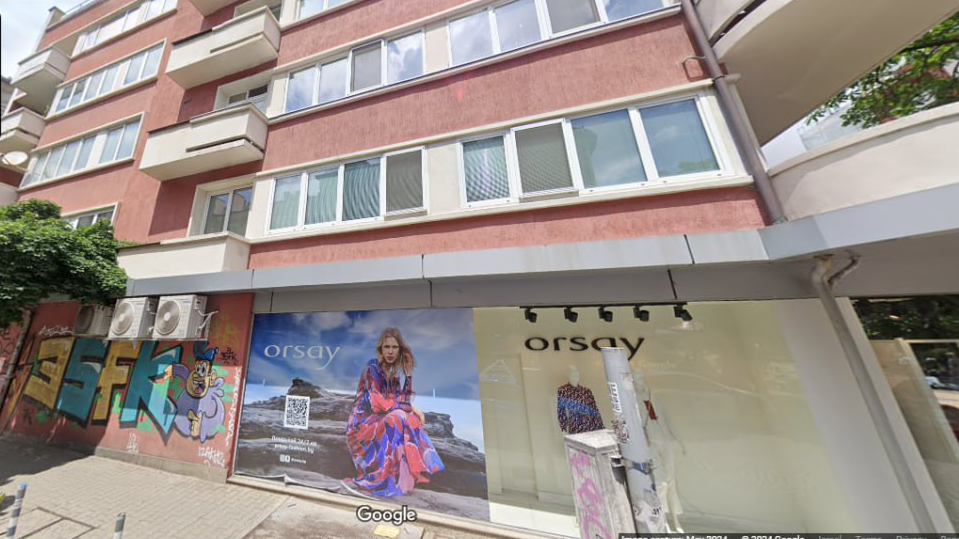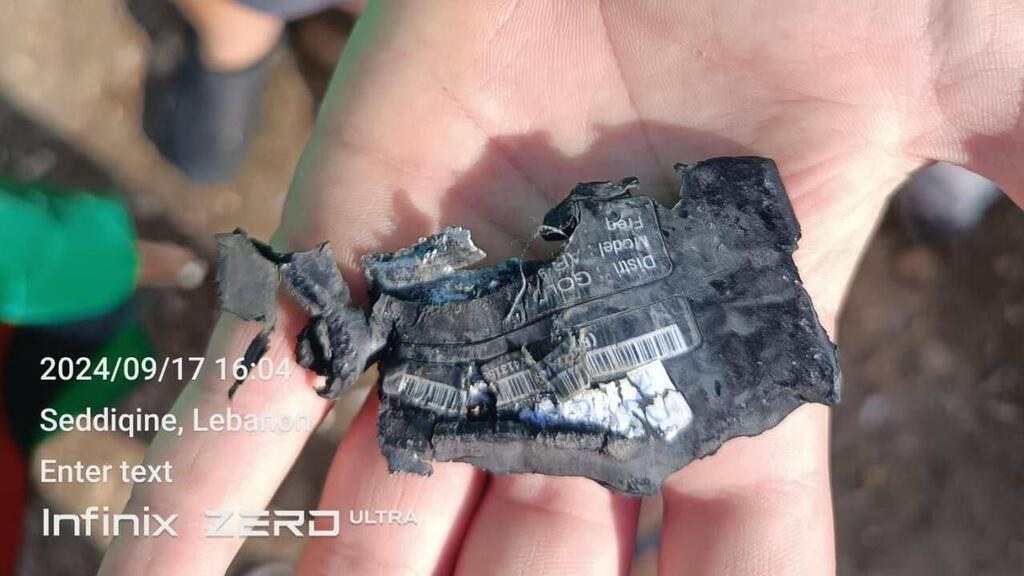The Taiwanese manufacturer of the pagers that exploded across Lebanon this week has shifted blame to a Hungarian company, while new details have emerged linking the devices to a mysterious firm in Bulgaria.
As Hezbollah grapples with the aftermath of Wednesday’s walkie-talkie explosions, the focus now turns to how the pagers, which detonated on Tuesday in Lebanon and Syria, reached the group.
The pagers in question, AR-924 models from Taiwan's Gold Apollo, were allegedly sold by BAC Consulting KFT, a company based in Budapest. However, BAC CEO Cristina Arcidiacono-Barsony, asserted that the firm was "only an intermediary."
A report by the Hungarian news outlet Telex claims the devices were imported to Lebanon from Bulgaria by a company named Norta Global Ltd., based in Sofia and owned by a Norwegian national.
Norta Global’s website offers little information, lacking contact details and listing no personnel. The company's purported manager, identified as Rinsan Hawes, has no digital footprint.
On Wednesday, Hungarian government spokesperson Zoltan Kovacs said that the pagers were not manufactured in Hungary. "Authorities have established that the company in question is a trading intermediary with no manufacturing site in Hungary. The devices were never in the country," Kovacs said.
According to sources cited by Telex, BAC’s CEO was involved with the Bulgarian company. Despite BAC holding the contract with Gold Apollo, it was reportedly Norta Global that managed the deal, importing the pagers from Taiwan and arranging their sale to Hezbollah.
Bulgaria's National Security Agency has since launched an investigation, saying that no approval was found for relevant sales and that the only known transaction involved 1.6 million euros being transferred to Hungary.
Thousands of pagers were delivered to Hezbollah as part of an effort to establish a secure communication system. Distribution accelerated after Hezbollah leader Hassan Nasrallah urged members to avoid cellphones, calling them agents of Israel, and endorsed pagers as a safer alternative.
Meanwhile, the walkie-talkies that exploded on Wednesday were purchased around the same time as the pagers in April.
Icom Inc., the Japanese manufacturer of the handheld radios that reportedly exploded in Lebanon, said it discontinued those models a decade ago. The company is investigating, and on Thursday confirmed that its IC-V82 devices were exported to the Middle East between 2004 and 2014.
Shock in Lebanon
The unprecedented attacks, which Hezbollah has attributed to Israel, have sent shockwaves through the Lebanese population. “People are panicking and trying to get rid of their wireless devices,” reported the Saudi Al Hadath network, quoting Iranian sources who noted that the walkie-talkies that exploded on Wednesday are also widely used in Iran.
3 View gallery


Hezbollah leader Hasan Nasrallah favored the use of pagers over cellphones for secure communication
(Photo: AP)
According to the New York Times, the walkie-talkies were larger and heavier than the pagers that exploded the day before, and the resulting fires were more intense due to the greater amount of explosives used.
Meanwhile, as U.S. officials continue to push for a diplomatic solution to prevent further escalation, Ibrahim al-Amin, editor of Hezbollah’s Al Akhbar newspaper, published an editorial titled “The War of Annihilation, Lebanese Edition — Israel Wants to Eliminate Hezbollah.”
He wrote that Israel seems to be preparing for a new phase of conflict with Hezbollah, targeting the group’s human and military capabilities, making talk of an all-out war increasingly realistic. “If the enemy has decided to carry out operations against more than 10,000 people, military personnel, and civilians, in command centers, outposts, or homes, then it has decided that we are in a war without rules,” al-Amin concluded.
Walkie-Talkie blast at a funeral in Lebanon, Wednesday





